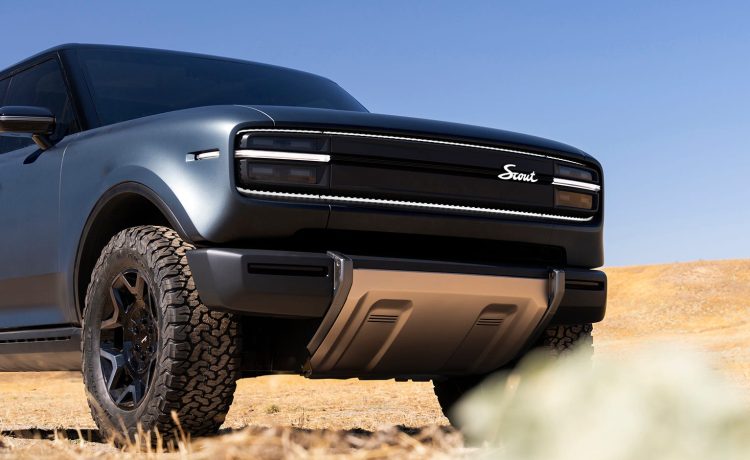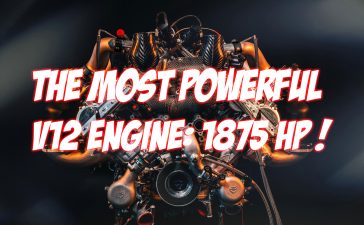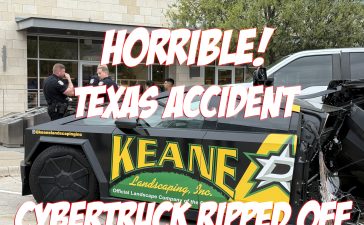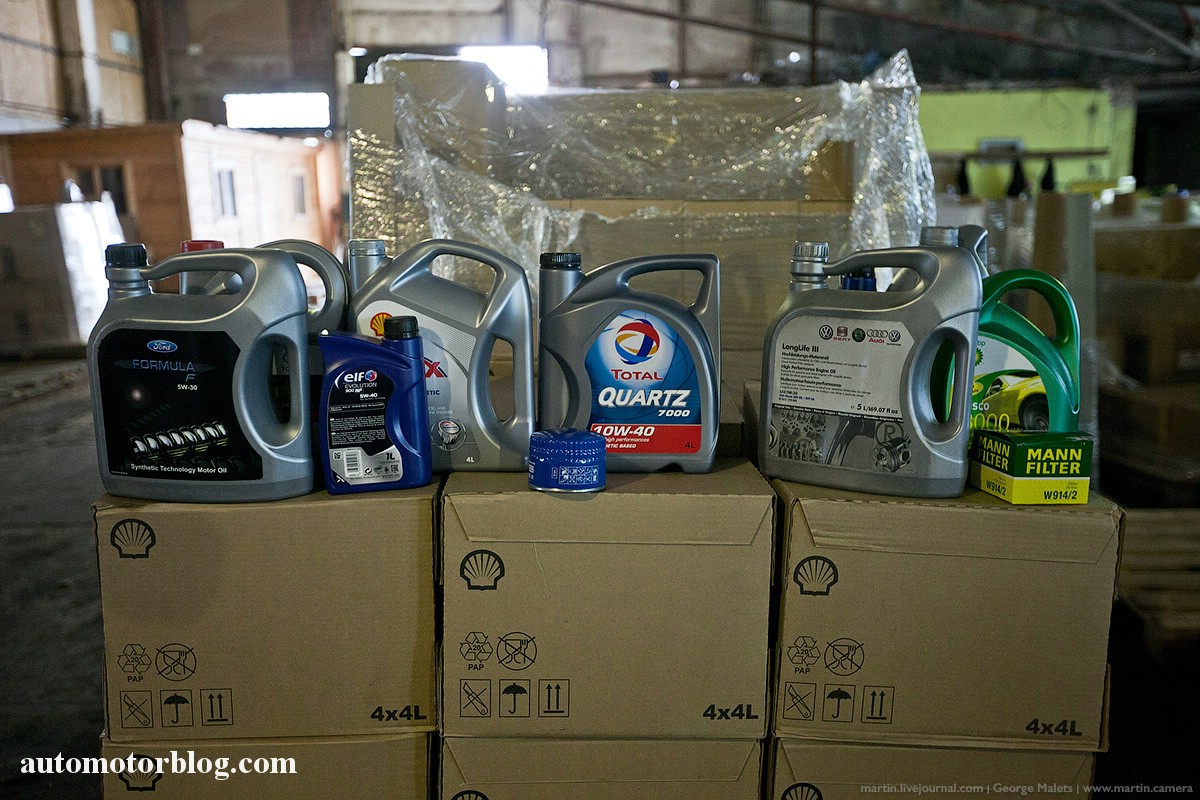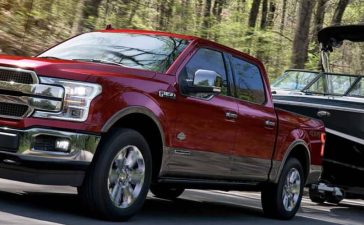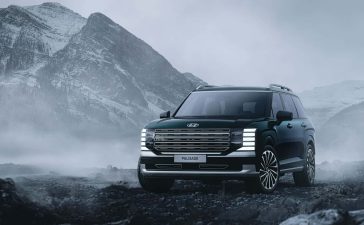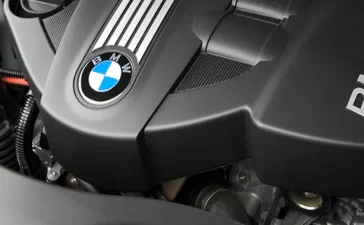Scout, the newly established off-road vehicle brand owned by the Volkswagen Group, is not a stranger to legal troubles, even if the first car, the Terra pickup, is not even expected this year. Some have led to major legal cases because of the company’s direct to consumer business model targeting car dealerships. These legal cases present the potential to have a vast impact on the issues related to the market entry and a business plan of Scout.
Table of Contents
Legal Headwinds in Florida
In the case of Florida, currently, Scout is being sued by a group of Volkswagen and Audi dealers. Some of these dealers suggest that Scout is violating the state dealer franchise laws when it accepts deposits for its forthcoming vehicles. In accordance with Florida legislation, even deposits are considered sales, and it is the dispute with Scout based on this factor. This proves difficult for the dealers, as the company has already captured more than fifty thousand deposits.
The dealers equalize themselves with the status of a common entity with Volkswagen of America, therefore denying it the privilege of selling directly to the public. Its legal approach seeks to put a stop to the deposits being collected by Scout as well as the brand’s direct consumer campaigns in the affected state. This case is the pioneer, given that Tesla and Rivian have previously faced such issues and are allowed to directly sell to customers in Florida. However, there are specificities in Scout’s case – that result from depending on Volkswagen, which has a set of franchised dealers already set up.
California’s Complex Landscape
In the same context, in California, Scout encounters another legal barrier that she has to overcome. The subject parties being targeted are the California New Car Dealers Association (CNCDA), which has written a cease-and-desist letter to the service using the administrative board state law and a 2023 code amendment to argue that the company’s sales model is wrong. This amendment specifically bans auto manufacturers from directly selling cars to the public, as the intention was to protect franchise dealerships, as they had been established as the norm at the time.
Scout has further stated that it is funded by Volkswagen, but it is not a branch of the company in the same way as Tesla. However, CNCDA will not agree on this since Volkswagen has offered a lot of support both in terms of financial support and operational support, such as the establishment of a Scout automobile manufacturing plant in South Carolina. This association puts into doubt the independence of Scout, which may pose an entry barrier for the organization in the California market. If the dealers escalate their legal activities further, this will be a prospective threat to the ability of Scout to sell its vehicles in the state.
Navigating the Legal Landscape
Due to the legal problems at the moment, including those in Florida and California, it depicts the challenges that Scout has to face as it sets out for entry into its market. The existing company’s business model is to sell cars directly to consumers; thus, it operates in complete contrast to dealership networks that are backed up by laws and regulations.
I believe that the experiences of Tesla and Rivian have already shown how the change in sales models of cars has come to form an industry standard practice. However, some of the difficulties that are due to being a relatively small organization are masked by the fact that Scout is associated with a major global car manufacturer, which is Volkswagen. The infringed legal systems in Florida and California, if not resolved, are capable of complicating Scout’s strategies and should act as a lesson to other manufacturers wishing to employ similar tactics.
Personal Opinion
From a person who considered this aspect personally, they also appreciate why there is the need to retain the dealership network in order to protect employment and drive economic returns, but at the same time, it is important to adopt innovation. The automotive industry is steadily changing in the context of the population’s demand for direct deliveries at a relatively low price. There exists the capability for major players such as Scout to revolutionize the industry through its cutting-edge products and efficient purchase systems.
However, the legal issues of the story are a pointed example that it is crucial to work through the legal requirements adequately. For Scout to achieve its goals, constructive dialogue with the dealers, as well as the regulators, will be required for dialogue and to seek amicable ways of achieving what is deemed legal in the market without infringing on the required laws.
End Note
There are several legal risks that affect the entrance of Scout Motors into the market and the channel it is likely to follow, hence affecting its business model. When it comes to the legal cases in Florida and the recent actions by opposing force CNCDA in California, wherever the legal proceedings go, they are likely to define the direct sale model in the automobile business. From scratch, it is clear that the experiences of Scout as the pioneer auto manufacturer will go a long way in defining how other auto manufacturers will behave in regard to market strategies as a result of shifting consumer trends and regulatory policies.


